The Redline Archaeology Team (RATs) recently had the pleasure of investigating a fascinating Second World War relic hidden at the bottom of a quiet back garden in the picturesque village of Blewbury. The house, built in the 1930s just before the outbreak of war, boasted a rather fine concrete air raid shelter – buried and largely forgotten since the postwar years.

Our mission was to help the homeowner uncover the original entrance to the shelter so it could be shown off to local enthusiasts and historians. With the sun shining and spades in hand, the RATs got to work with our usual gusto, aiming to reveal the long-lost steps that once led down into this wartime refuge.





However, despite careful digging, no trace of any steps emerged. Instead, a closer look at the retaining walls suggested something curious. Rather than a straight-line entrance, the walls now featured a 90-degree dog-leg turn, and there was no sign of the expected stairway.
It soon became clear that the entrance had likely been altered sometime after the war—possibly during a garden remodelling in the 1950s. Our investigations suggest the original direct-line access was replaced with a sloped path, allowing the shelter to be reused as a garden store. This theory was backed up by a neighbour who remembered the shelter from their childhood and recalled a straight entrance, closed with a pair of doors.
To allow for safe and practical access today, we constructed a new set of steps within the existing retaining walls. One job remains—cutting a soakaway or sump hole to help deal with the water that collects inside. The shelter sits close to the water table and tends to accumulate several inches of water after wet weather.





We’re incredibly grateful to the homeowner for the opportunity to explore this hidden gem and for looking after the team so warmly throughout the project. It’s always a privilege to help bring these pieces of our wartime history back into view.








One response
Such an enjoyable project,
& nice to no I can still lay a brick or two when duty calls